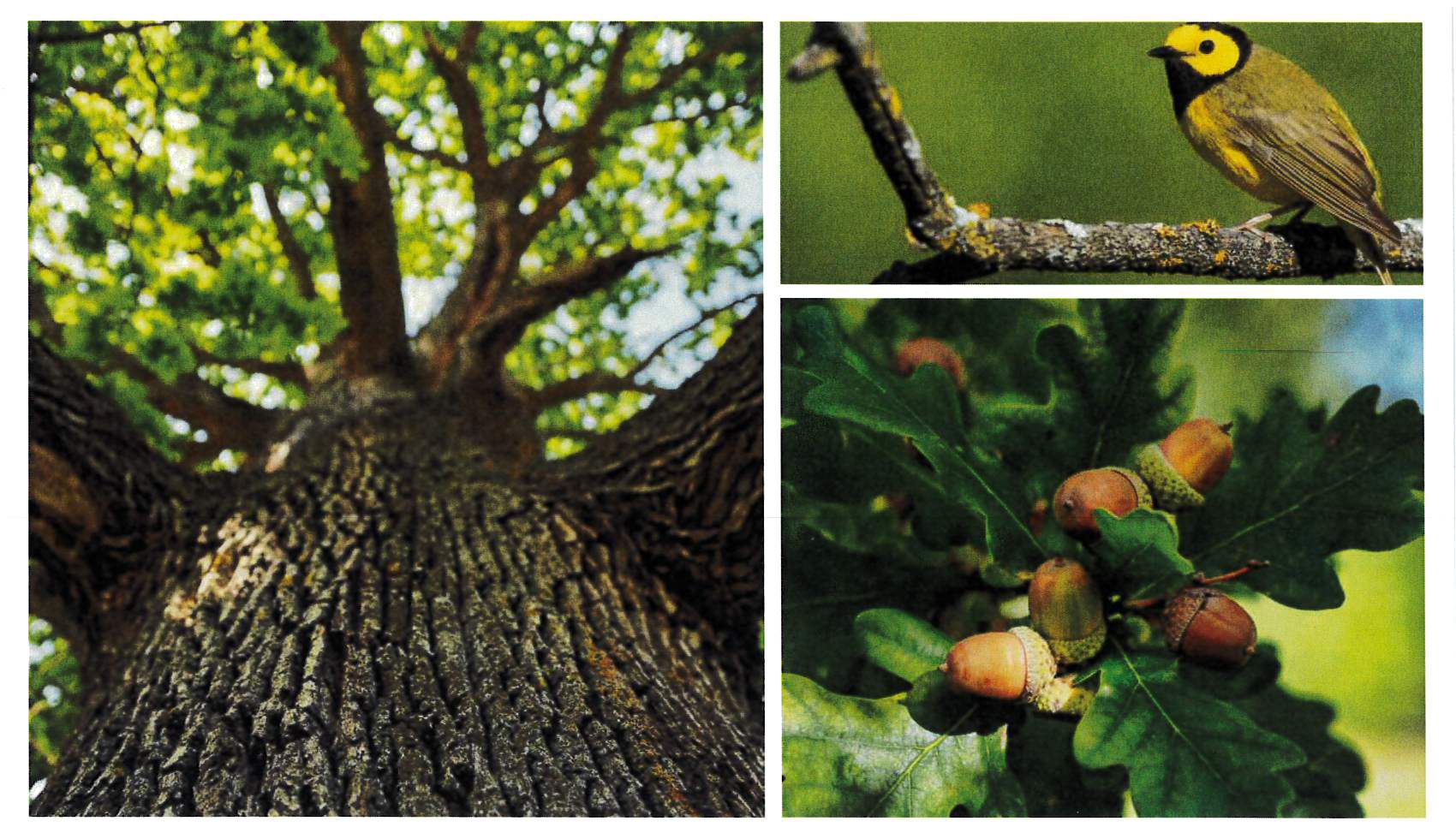Mosquitos Are Back
“Mosquitos Are Back”
By
Lee Carl Finley, REHS
Last year I wrote an article on mosquitoes (June 24 2024). This year it seems as if we do have more mosquito-borne diseases to worry about. Within the past few weeks, Tuscarawas County has had two confirmed cases of La Crosse Encephalitis. Tuscarawas County was notified on 17 July that a Uhrichsville man was confirmed to have La Cross Encephalitis. At the end of July county officials were notified that a 2nd individual from Goshen Twp had been confirmed with the virus. Additionally, a mosquito in a mosquito trap in Port Washington was positive for the virus.
According to the CDC, La Crosse virus is spread to people by the bite of an infected mosquito. Typically the mosquito picks up the virus from small woodland mammals (such as squirrels or chipmunks). Once a mosquito has been infected with the virus it can pass on the virus by biting another animal or human.
Most people infected with the virus do not have symptoms. Initial symptoms can include fever, headache, nausea, vomiting, and fatigue. Some people may develop severe disease, including encephalitis (inflammation of the brain). Severe disease occurs most often in children under 16 years of age. At present, there are no vaccines to prevent or medicines to treat La Crosse. You can reduce your risk of infection by preventing mosquito bites.
Mosquitoes in Ohio can carry different types of diseases, not just La Cross Encephalitis. Mosquitoes can transmit numerous diseases to both humans and our pets. Some of the more common are:
- West Nile Virus (WNV)
- St. Louis Encephalitis (SLE)
- La Crosse Encephalitis (LAC)
- East Equine Encephalitis (EEE)
In addition, the parasite that infects and kills dogs through heartworm is also transmitted through a mosquito bite.
Some of our local governments treat for mosquitoes. Most use an ultra low volume (ULV) sprayer, spraying only a few ounces of pesticide per acre. Further, many of the newer pesticides are becoming more ecologically friendly, being more species specific so as to avoid killing other more beneficial insects. Some political jurisdictions will also conduct larvaciding, which is adding chemicals to standing water to prevent mosquito eggs from hatching.
Prevention:
Even though some municipalities and jurisdictions do spray and treat for mosquitoes, most of us probably live in an area with little to no treatment. What can we do?
1.) Water management (mosquito breeding sites) is essential for control. Eggs do not hatch unless they are in water. Any standing water that becomes stagnant is a prime breeding ground for mosquitoes. Some mosquito prevention steps are:
- Screen your rain barrel
- Empty any containers that fill with water (pop cans, buckets, bird baths, etc.)
- Keep your gutter clean so rain water can drain appropriately
- Fill in any holes in your ground so they do not hold water – you can fill in the holes with gravel or dirt. Such holes could be something as simple as a hoof print in the mud. A tree hole in a stump or log is also another common breading site.
- Leaking outdoor faucets can cause standing water
- Unused swimming pools or watering troughs
- Make sure your gutters and downspouts are not clogged
- Get rid of or cover old tires
2.) Recommendations to avoid the mosquito bite:
- Wear long sleeves and pants and keep skin covered when possible, especially if you are allergic to the bites, in addition to using appropriate repellents when outdoors.
- Know when the mosquitoes are most active – usually during the early morning hours and late evening hours.
- Keep them out of your house with screens on windows and doors.
- Mosquitoes rest in tall weeds/grass as well as on the underside of the leaves of trees.
3.) Report any large areas of standing/stagnant water to your local health department. The following link has contact information for your local health department: https://odh.ohio.gov/find-local-health-districts
If you need more information, the Ohio Department of Health has more detailed information regarding mosquitoes and mosquito protection.
https://odh.ohio.gov/know-our-programs/zoonotic-disease-program/diseases/mosquito-borne-diseases.
If you are unable to locate the information you need, please contact this office and we will try to provide the information that you need. Tuscarawas SWCD 330.339.7976.
About the Author
Lee Carl Finley is a district resource specialist with the Tuscarawas Soil and Water Conservation District and coordinates the floodplain program for the Tuscarawas County commissioners. Lee is also a licensed commercial pesticide applicator through the Ohio Department of Agriculture as well as a registered environmental health specialist with the Ohio Department of Health.






